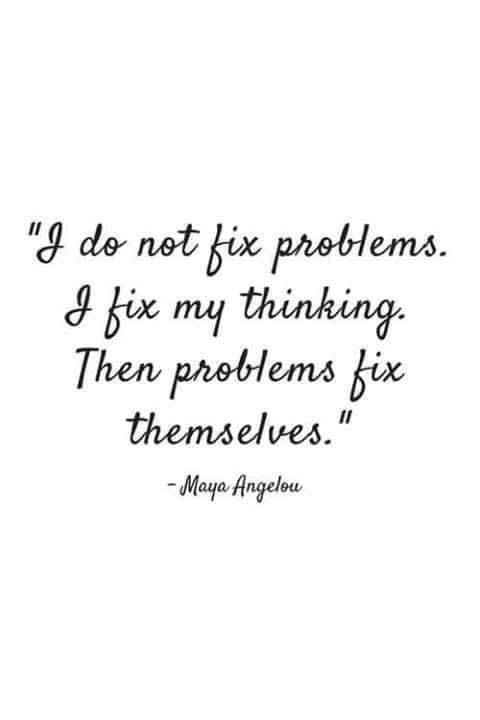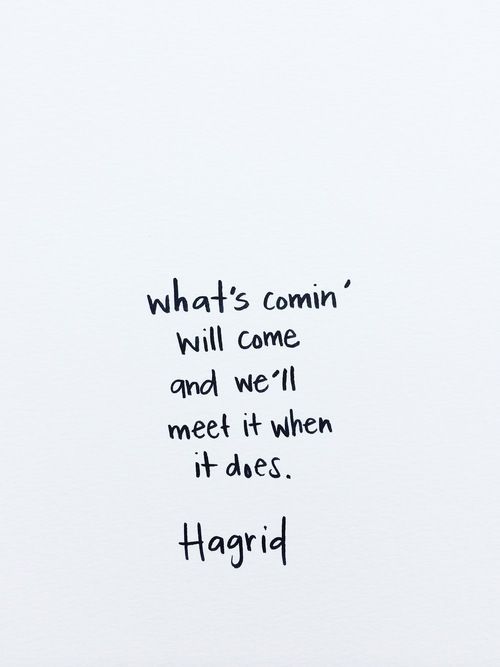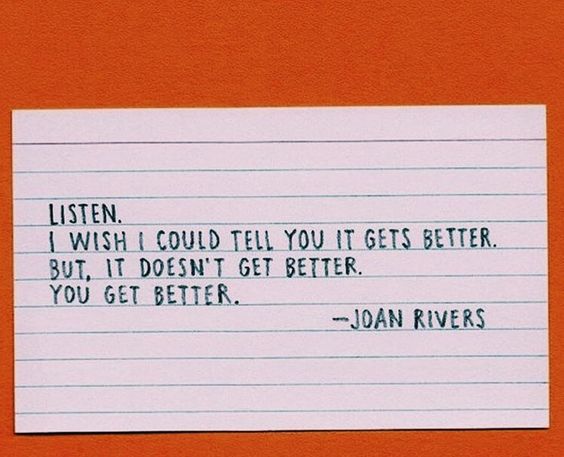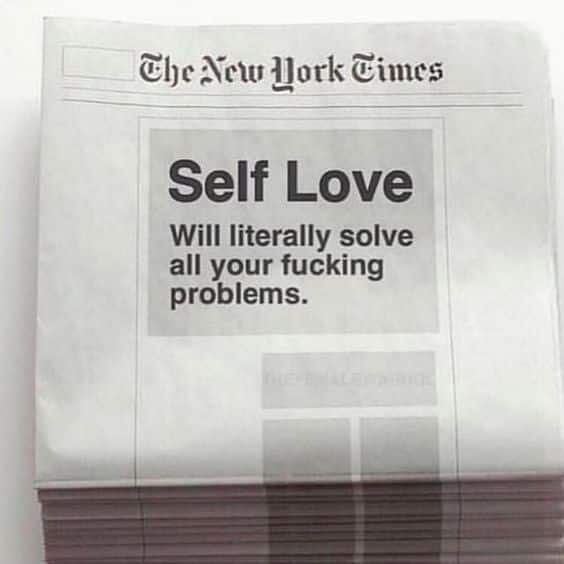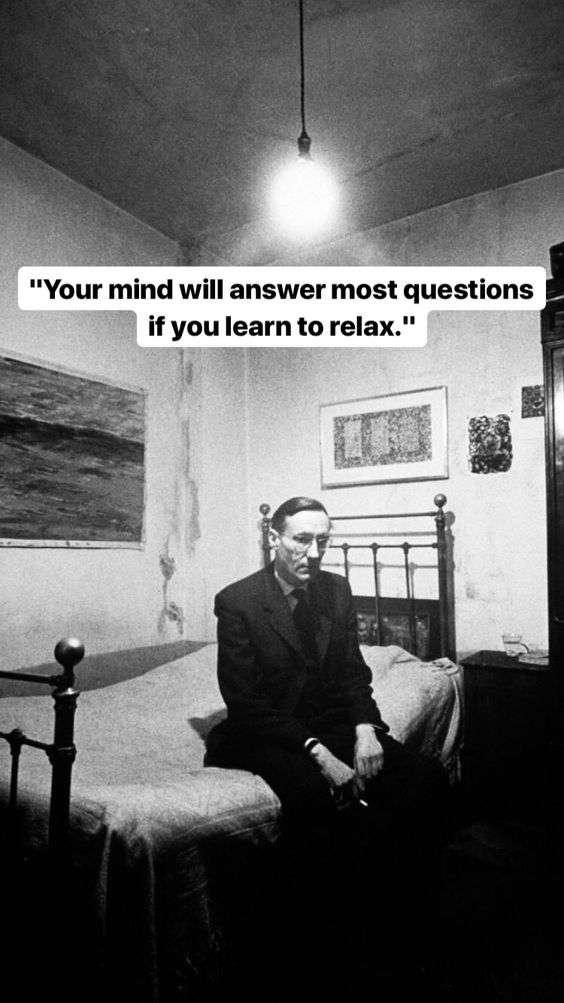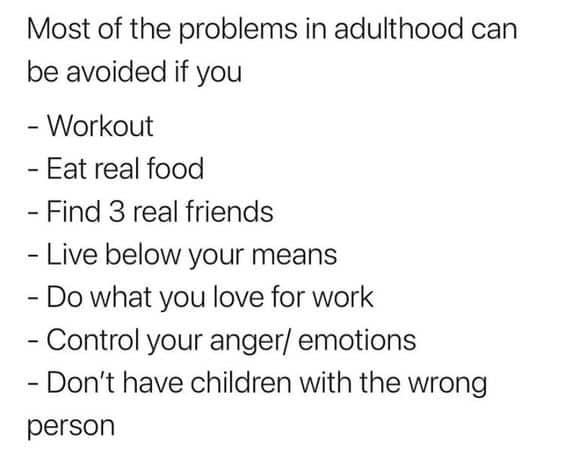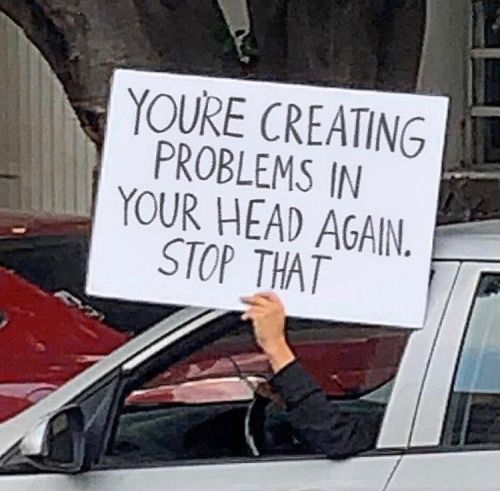“More money does not solve money problems. Different relationships do not solve relationship problems. New work does not solve work problems. Your future life will not solve your life problems. This is because money does not make you good with money. Love does not make you love yourself. Relationships don’t make you good at relationships. Work doesn’t make you good at your job or capable of work/life balance. Problems don’t inherently make you a stronger person unless you change and adapt. The variable is you.”
Brianna Wiest, The Mountain Is You (Page 194)
“When it comes to self-sabotaging behaviors, you have to understand that sometimes, it’s easy to get attached to having problems. Being successful can make you less liked. Finding love can make you more vulnerable. Making yourself less attractive can guard you. Playing small allows you to avoid scrutiny. Procrastinating puts you back in a place of comfort. All the ways in which you are self-sabotaging are actually ways that you are feeding a need you probably do not even realize you have.”
Brianna Wiest, The Mountain Is You (Page 30)
“The objective of being human is to grow. We see this reflected back to us in every part of life. Species reproduce, DNA evolves to eliminate certain strands and develop new ones, and the edges of the universe are expanding forever outward. Likewise, our ability to feel the depth and beauty of life is capable of expanding forever inward if we are willing to take our problems and see them as catalysts. Forests need fires to do this, volcanoes need implosions, stars need collapse, and human beings often need to be faced with no other option but to change before they really do.”
Brianna Wiest, The Mountain Is You (Page 6)
“Some problems lend themselves to reexamination. A second, third or even fourth thought is productive, because our initial impulses might not reflect our best effort at understanding the nuances of the situation. But many problems simply create more thoughts, without productive output. As we confront something that is unlikely to have a simple or productive way forward, it’s easy to go into a mental tizzy imagining solutions. The art is understanding which sort of problem we’re facing. And devoting the right amount of thought (not less and definitely not more) to the situation we’re in. Spending cycles on categorizing the problem is probably more productive than wasting time on problems that don’t deserve our effort.”
Seth Godin, Blog
“Life throws stuff at us. We have to figure out how to catch it and throw it back. That’s what Epictetus meant when he said we don’t control what happens, we control how we respond. But he also liked that throwing metaphor–and clearly was more than a casual fan of sports. Epictetus admired the way that skilled athletes caught the ball that was thrown to them and whipped the ball right back. They didn’t complain. They didn’t demand certain conditions be met before they dove for it. He admired their concentration, their coolness under pressure, their grace, their creativity.”
Ryan Holiday, Daily Stoic Blog
“The problem lies in asking somebody else to solve your own problem instead of asking yourself. I can give you ten thousand of my ways, but they are my way, not yours. An individual’s questions are answerable only by the individual himself, and nothing would be gained by his sitting in on a recital of mine.”
Bruce Lee, Striking Thoughts (Page 179)
“To start defining your problems, say (out loud) ‘everything in my life is completely fine.’ Notice what objections arise.”
Ideopunk, LessWrong
“When life gets scary and difficult, we tend to look for solutions in places where it is easy or at least familiar to do so, and not in the dark, uncomfortable places where real solutions might lie.”
Robert Maurer, One Small Step Can Change Your Life
“Remove the branches of a thorn bush today and you’ll avoid a scrape this year. But next year, you’ll face the same problem again. Remove the root of the bush today, and the entire plant will die. Are you solving problems at the branch level or the root level?”
James Clear, Blog
“If you can’t solve the problem in front of you, solve an easier version of it—and then see if that solution offers you a starting point, or a beacon, in the full-blown problem. Maybe it does.”
Brian Christian, Algorithms To Live By
“Confront one of your limitations—one of the obstructions in your path—today. Break beyond it, climb over it, think your way around it. Don’t run from it. It was created for you.”
Robert Greene, The Daily Laws (Page 24)
“It’s a kind of test, Mary, and it’s the only kind that amounts to anything. When something rotten like this happens, then you have your choice. You start to really be alive, or you start to die. That’s all.”
James Agee, A Death In The Family, via Sunbeams (Page 150)
“Not every problem needs to be overcome, just the ones stopping you from getting where you want to be.”
Ann Hill, Twitter
